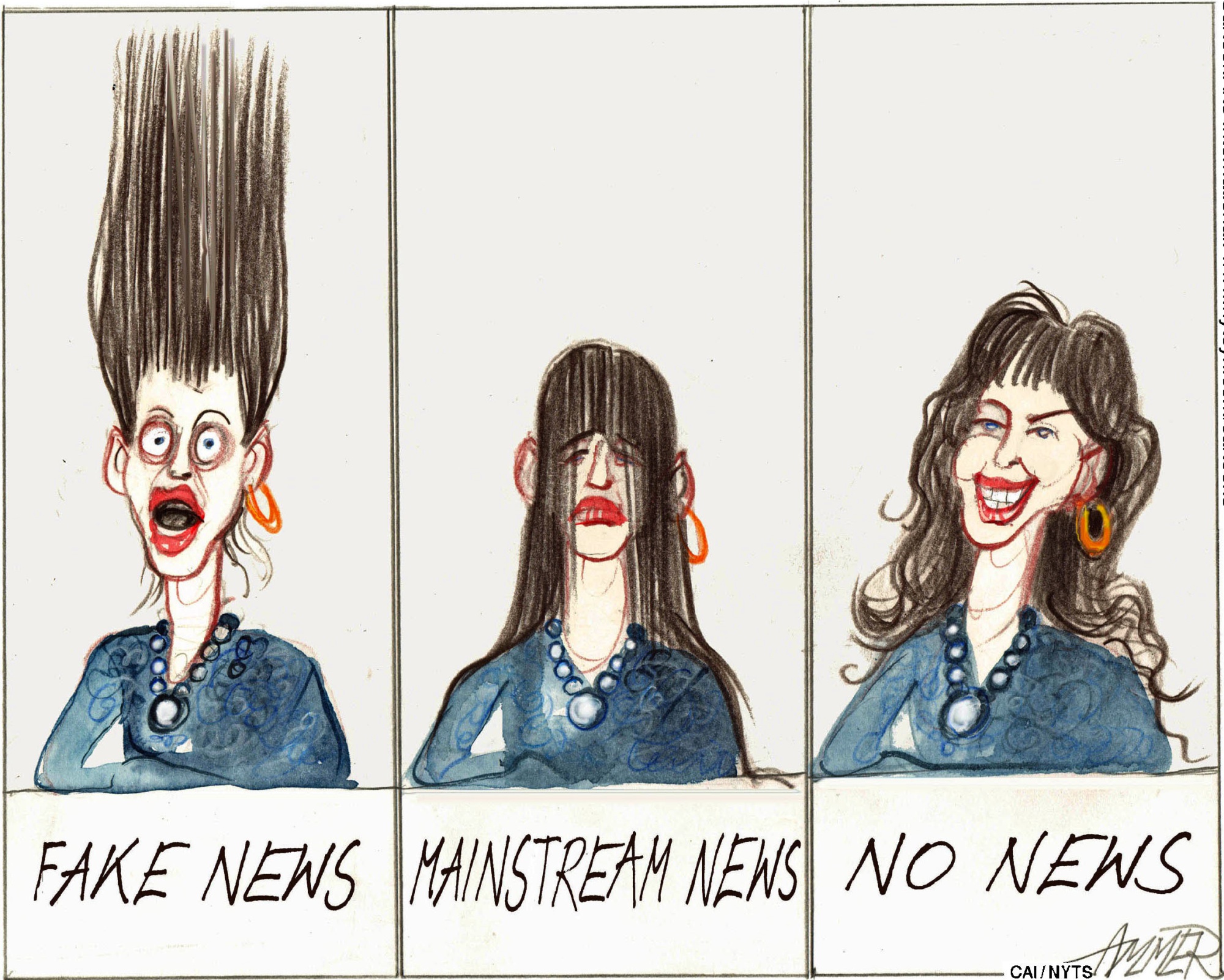From pizza-parlor pedophilia rings to Shariah law in Florida, viral fake news stories often seem propelled by their own preposterousness. It's a different matter for professionally produced disinformation. That, I learned from a former pro, requires a core of logic and verifiable fact.
Larry Martin, a retired Massachusetts professor, used to be Ladislav Bittman, deputy commander of the Department for Active Measures and Disinformation in the Soviet-directed Czechoslovak intelligence service. To create the kind of disinformation that changes the world, he told me, you need a story that's at least 60, 70 or even 80 percent true. Even well-educated people will swallow untruth without too many questions if it's plausible and it reinforces their existing beliefs.
Today, Martin is worried about the fate of his adopted country — not just because of the epidemic of fake news, but because so many citizens have lost trust in the professional editors and reporters who spend their days trying to sort fact from fiction. He's far from the only one concerned, of course: Dozens of academics, researchers and journalists recently converged on Boston to discuss the problem. But Martin has a unique insight into the issue: After all, part of his old job was to sow that kind of distrust in then-enemy countries.



